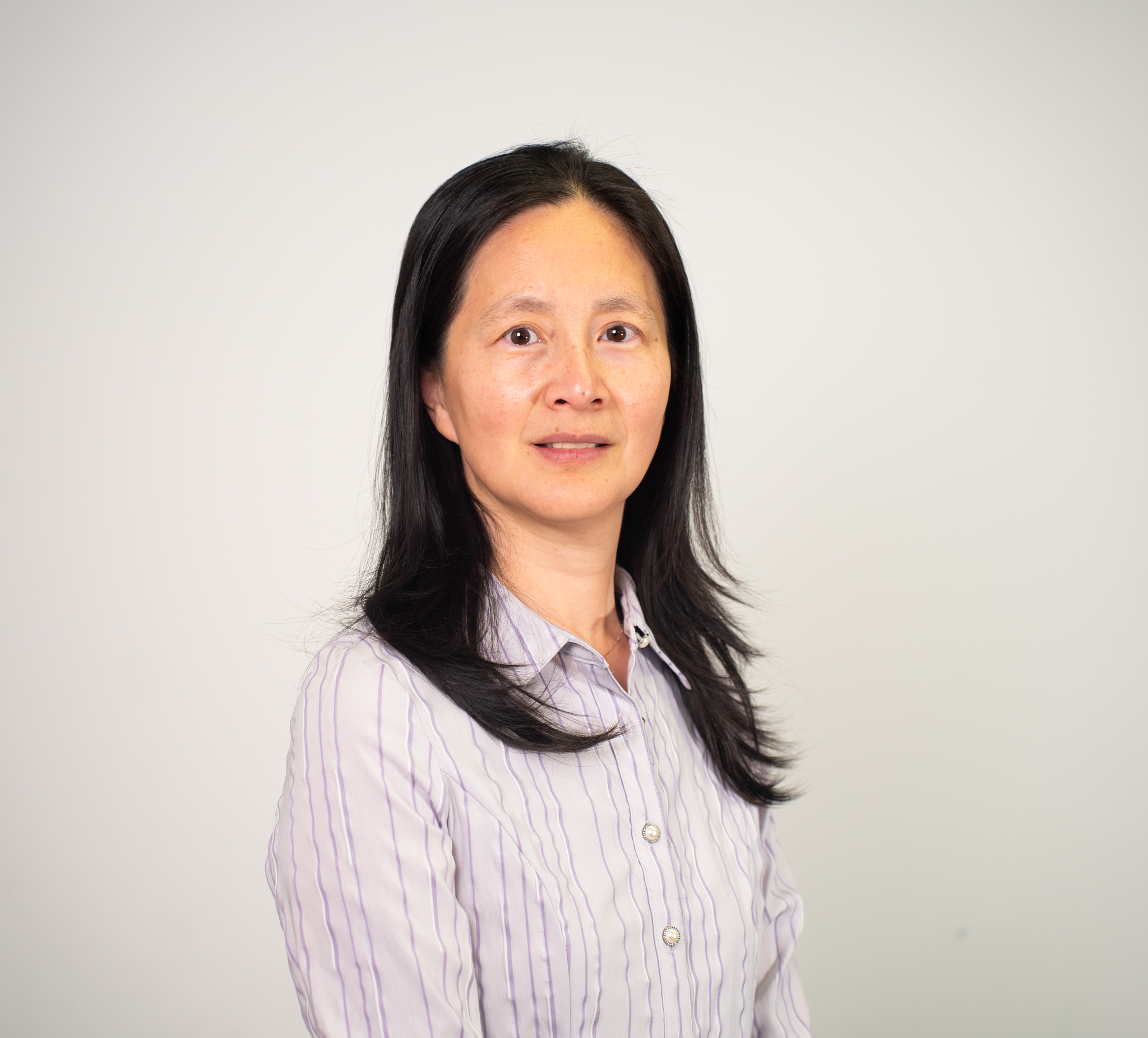
Ping Wang
Professor
Department:
Electrical Engineering & Computer Science
Email: pingw@yorku.ca
Website: https://www.eecs.yorku.ca/~pingw/
Bio
Dr. Ping Wang received her Bachelor and Master degrees from Huazhong University of Science and Technology, in 1994 and 1997, respectively, in Electrical and Information Engineering, and her PhD degree from University of Waterloo, Canada, in 2008, in Electrical and Computer Engineering. She is currently a Professor at the Department of Electrical Engineering and Computer Science, York University, and a Tier 2 York Research Chair. Prior to that, she was with Nanyang Technological University, Singapore, from 2008 to 2018. Her recent research interests focus on integrating Artificial Intelligence (AI) techniques into communications and computing networks. Her scholarly works have been widely disseminated through top-ranked IEEE journals/conferences and received the IEEE Communications Society (ComSoc) Best Survey Paper Award in 2023, and the Best Paper Awards from IEEE prestigious conference WCNC in 2012, 2020 and 2022, from IEEE Communication Society: Green Communications & Computing Technical Committee in 2018, and from IEEE flagship conference ICC in 2007. She also received York University Research Awards in 2022 and 2023 and received Lassonde Innovation Award in 2024.
She is on the list of Clarivate Highly Cited Researchers (2025 and 2021), on the list of the Top 10 N2WOMEN list as a Star in Computer Networking and Communications in 2023, and on the list of Stanford’s top 2% of the world’s top researchers. She has been serving as the associate Editor-in-Chief for IEEE Communications Surveys & Tutorials, an area editor for IEEE Transactions on Network Science and Engineering, an editor for several reputed journals, including IEEE Transactions on Wireless Communications, and Technical Program Committee Co-Chair for numerous conferences. She is an IEEE Fellow, a ComSoc Distinguished Lecturer, a Vehicular Technology Society (VTS) Distinguished Lecturer (2021-2025), and a VTS Distinguished Speaker. She is also the Chair of the IEEE VTS Education Committee.